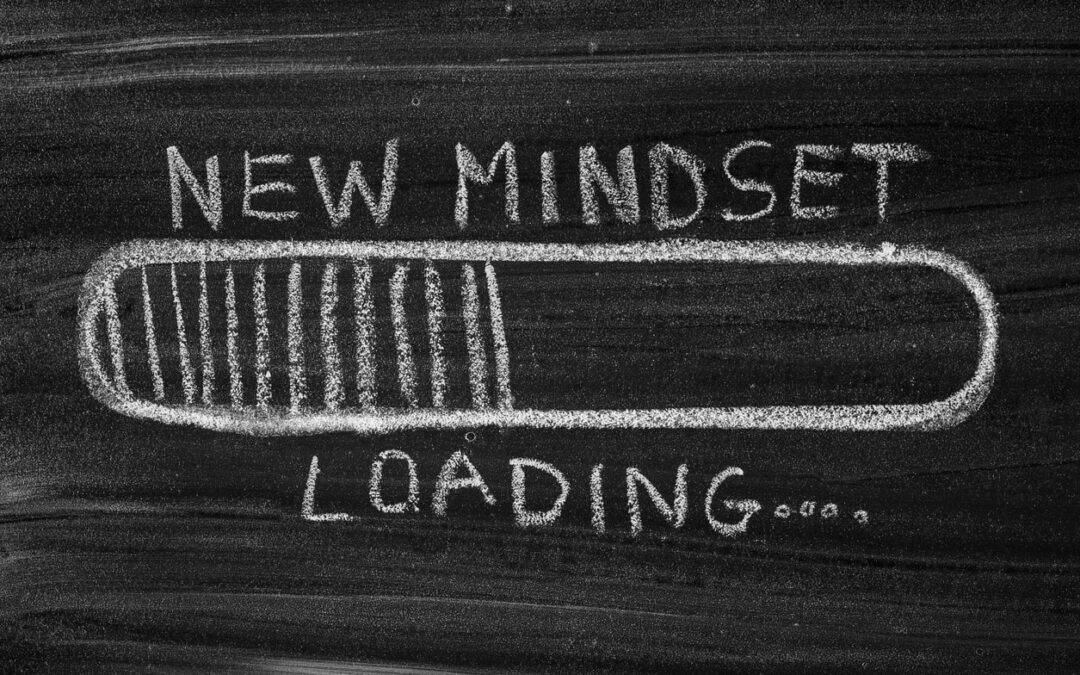The words you choose for your speech or writing significantly impact how your message is received by yourself and others. WHAT you say, HOW you say it, and WHEN you say it can transmit positive energy and be uplifting and inspiring, or can spread negative energy, demotivating and discouraging yourself and all those around you.
As Martial Artist and Actor Bruce Lee said:
“Don’t speak negatively about yourself, even as a joke. Your body doesn’t know the difference. Words are energy and they cast spells, that’s why it’s called spelling. Change the way you speak about yourself, and you can change your life.”
And Author Nikki Rawnsley reminds us:
“Words carry potent magic.
They evoke feelings, manifest healings.
Words can connect or divide.
They impact the way people find their place in the world.
Remember this and spell wisely.”
The power you have is that you can decide how you want to show up and what you say and don’t say (as silence is meaningful, too), regardless of others’ behaviors or sentiments.
Mindset shifts take time, patience, and practice.
Human beings are complex—emotionally, physically, and scientifically. Knowing and accepting all parts of who you are—your persona, core motivation, values, preferences, instinctual tendencies, traits, fears, strengths, and weaknesses—is about honesty and accountability for your thoughts, actions, and feelings.
Whether it’s just for five minutes or one small thing, write down and commit to what you want to do differently. If you’re contemplating why it can’t work, catch yourself in the act and shift your mindset by asking yourself:
“What if this is possible?”
To guide you further, here are ten ways to transform your thoughts, words, and outlook while being open and considerate of others:
#1
Check in regularly with your heart, mind, and body to process your emotions versus ignoring them. This can help you learn more about what triggers you and address underlying issues before they become problematic.
#2
Boost your self-awareness by turning inward. The more “real” you get with yourself and focus on what lights you up, the easier it is to incorporate strategies that support the direction you’re headed.
#3
Communicate with self-confidence by respecting who you are and what you’re capable of, while trusting, acknowledging, and accepting all aspects of yourself.
#4
Tackle your belief system by understanding your strengths and weaknesses and eliminating the “I must____” and “I should____” from your vocabulary and thinking.
#5
Prioritize and set boundaries regularly, stay open to what is possible, and say “no” kindly when you know you’re at your capacity or have no interest in what’s being asked of you.
#6
Be aware of what’s happening around you. Understanding the situation and environmental vibe can help you discern how best to interact with someone.
#7
Strengthen your emotional intelligence and resilience by learning to adapt effectively and listen with positive intention.
#8
Unleash your leadership potential with focus and repetition. Asking questions, offering fresh ideas, and acting as a sounding board bolsters relationships and collaboration.
#9
Foster strong connections and courageous communication by acknowledging and respecting others for who they are and what they offer.
#10
Express gratitude. Saying thank you and sharing appreciation evokes feel-good hormones, such as dopamine, endorphin, and serotonin, all promoting happiness and well-being.
Self-leadership is all about getting to know yourself better and applying that knowledge to how you act, think, and feel. Acts of kindness and recognition do not need to be lavish. To be seen as someone who elevates the atmosphere and motivates, you must first lead yourself by enhancing your capabilities and devoting energy to your advancement.
Deepen your perspective to activate your best.
As a lifelong student, certified professional coach, and consultant, activating the best in others through self-leadership, interpersonal relations, and team dynamics are passions of mine. My approach is personalized and customized, tapping into various assessments, disciplines, modalities, and techniques. To learn more, schedule a call with me.

